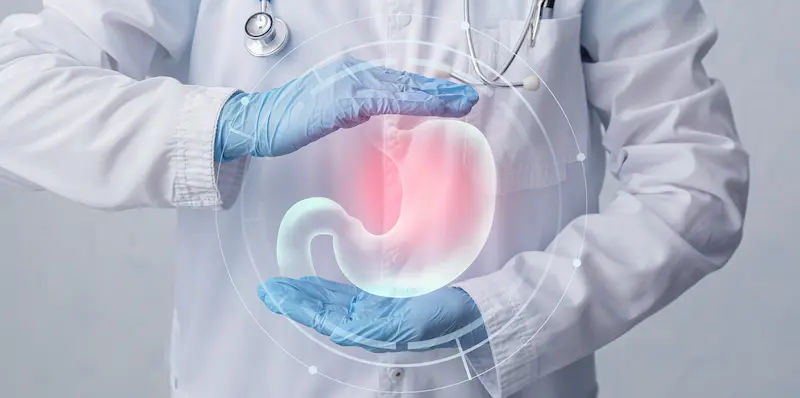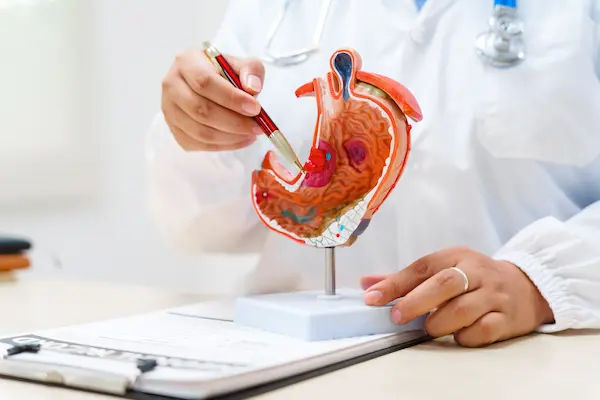- Male
- 39 Years
- 29/01/2025
Sure, I came across my medical report and it mentions terms like "marginally enlarged", "diffusely increased echogenicity", and "small hypoechoic sol with irregular wall" in my liver. There's also something about "tiny cystic changes" and a similar "smaller sol" at the left lobe. I'm really anxious about what all of this means. Are these findings something to be concerned about, and what kind of follow-up or action should I take?
Answered by 1 Apollo Doctors
The ultrasound report suggests that you have two liver lesions: a 46mm x 25mm x 29mm hypoechoic solid mass with irregular walls and tiny cystic changes in the right lobe, and a smaller 21mm x 15mm x 19mm solid mass in the left lobe; these findings may indicate benign liver lesions, such as hemangiomas or focal nodular hyperplasia, but further evaluation, such as a contrast-enhanced CT or MRI scan, and consultation with a hepatologist or radiologist are necessary to determine the nature and significance of these lesions.
Dr. Dhankecha Suggests...
Consult a Gastroenterology/gi Medicine Specialist
Answered 04/07/2025
0
0

More Gastroenterology/GI medicine Health Queries
View allI've been dealing with Irritable Bowel Syndrome (IBS) and I'm feeling pretty confused about how to find the right treatment. Is IBS something that can actually be treated or am I likely to struggle with this long-term? I'm open to trying out different treatments, whether it's allopathic, homeopathic, or Ayurveda, but I just don't know where to start. Any advice on what might be the best route to take?
Visit Gastroenterologist for evaluation and appropriate management as there are different types in IBS.
Answered by 1 Apollo Doctors
I've been struggling with bile reflux and the symptoms are really bothering me. Are there any surgical options like bile diversion surgery that could help? I'm not sure what to do about this and would appreciate some guidance on managing it
Bile reflux may benefit from bile diversion or Roux-en-Y surgery in severe cases; most patients improve with medication and lifestyle changes.
Answered by 1 Apollo Doctors
What happens if you drink ginger everyday?
Ginger helps in fighting germs, illness, inflammation, and cancer-causing molecules, taking a little bit every day can support your overall health. Ginger is a natural root, so drinking it will also give you added nutrients.
Answered by 1 Apollo Doctors
Disclaimer: Answers on Apollo 247 are not intended to replace your doctor advice. Always seek help of a professional doctor in case of an medical emergency or ailment.





